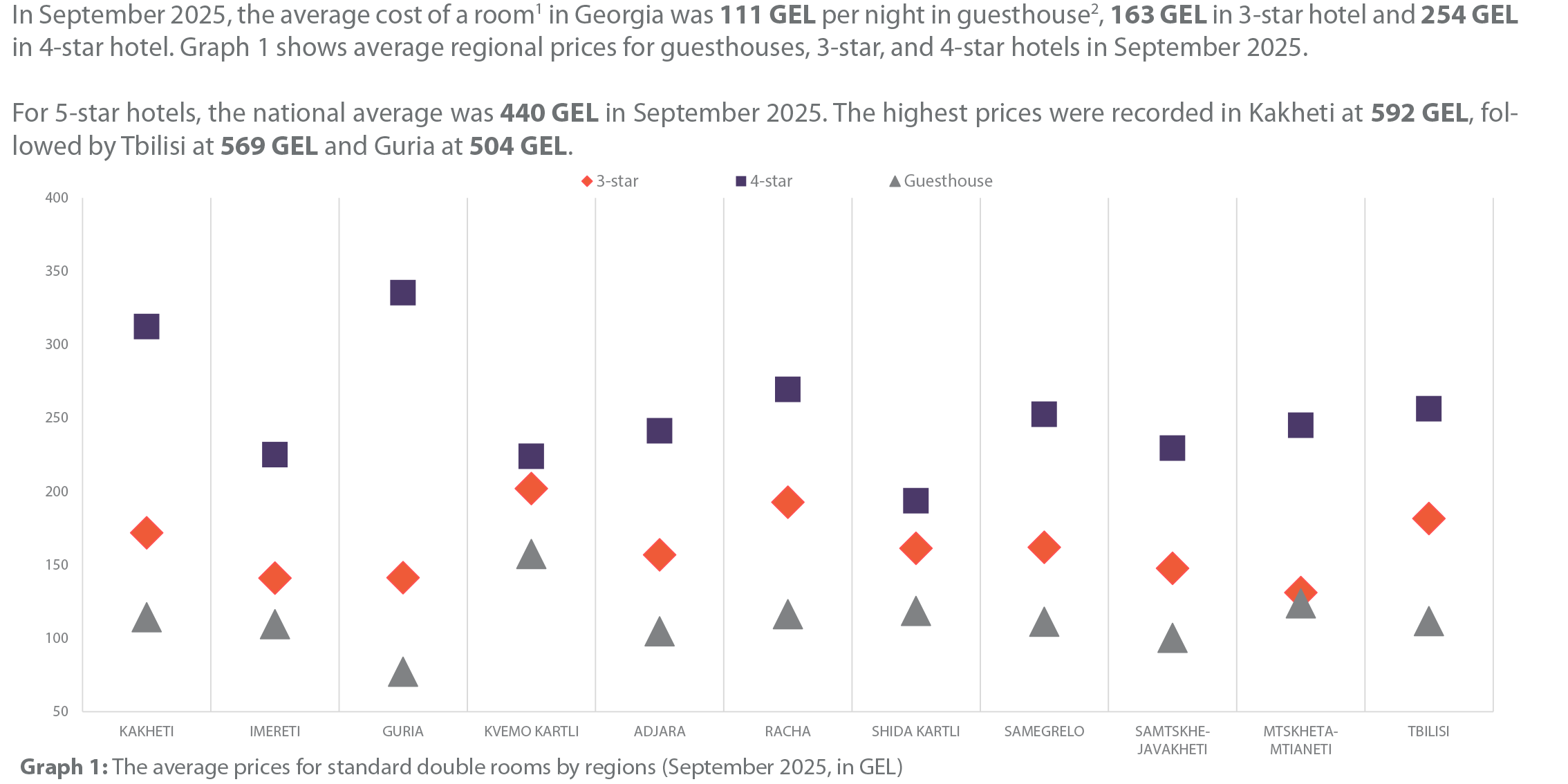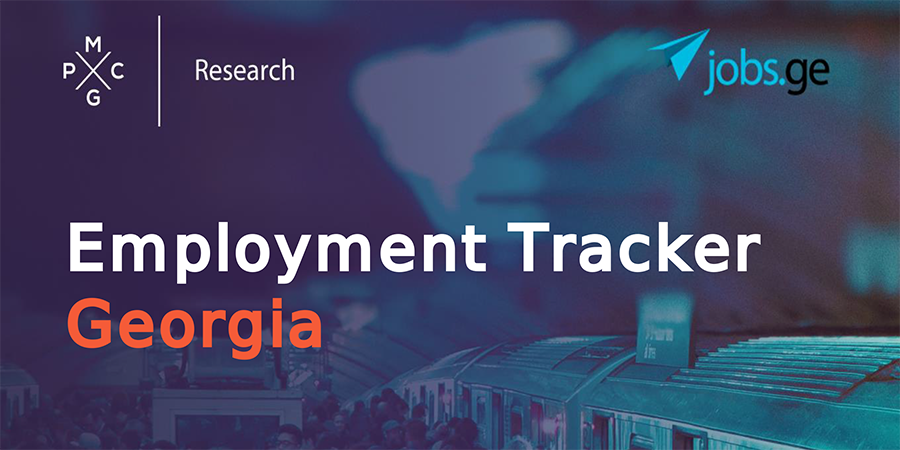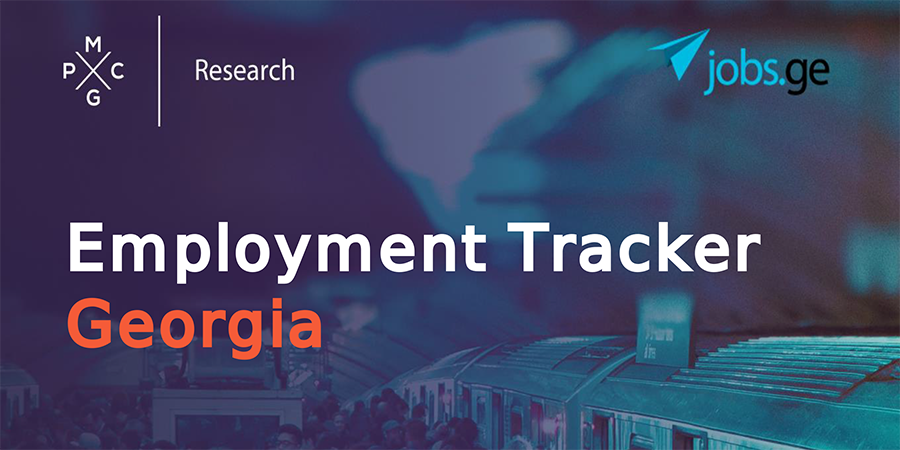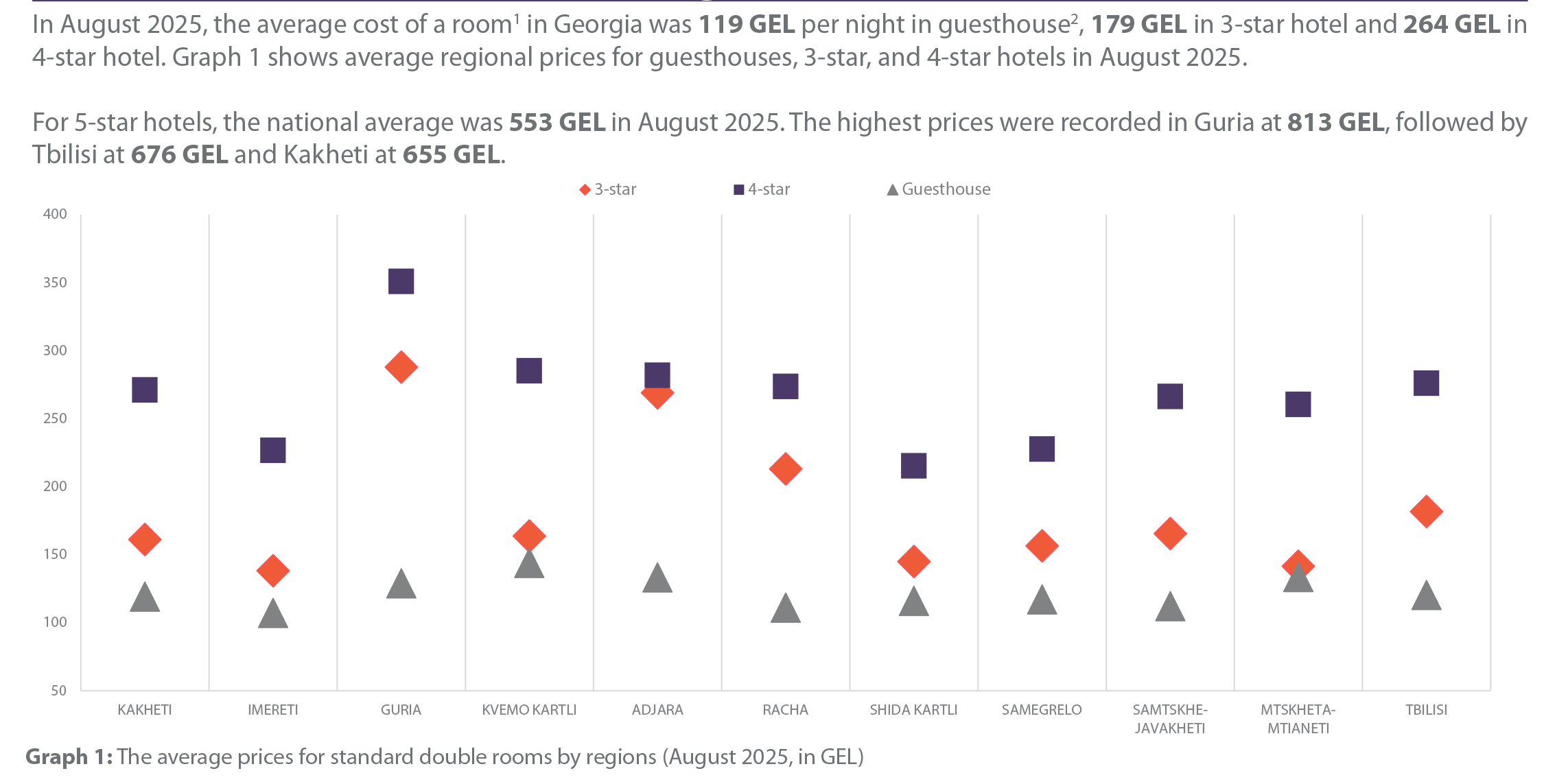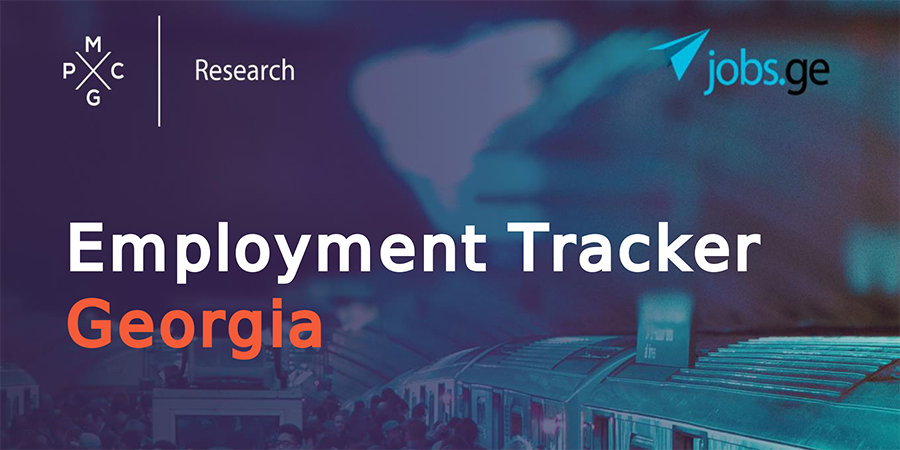Projects
Khyber Pakhtunkhwa District Governance Community Development Final Evaluation
The focus of this evaluation is on the assessment of achievements, as well as the quality and the results of the European Union Budget Support Programme Khyber Pakhtunkhwa District Governance Community Development in the context of an evolving cooperation policy with an increasing emphasis on result-oriented approaches and making a contribution towards the implementation of the UN’s Sustainable Development Goals (SDGs). From this perspective, the evaluation will look for evidence of why, whether, or how these results are linked to the EU intervention and will seek to identify the factors driving or hindering progress.
Strengthening VET Institutions’ Capacity in the Development of Needs-based Project Ideas and Proposals (2021)
The project aims to train colleges’ management teams in the accurate identification of college goals and missions as well as in the assessment of existing resources, challenges, and needs in order to develop sound project ideas that contribute to colleges’ institutional development and to respond adequately to existing market demands.
Provide Support to Gori and Ozurgeti Municipalities in the Development of FY2022-2025 Priority Documents, Medium- term Action Plans, FY2022 Program Budgets, Citizen’s Guides and Annual Execution Reports of FY2021 Budgets
The main objective of this project is to further strengthen the public financial management (PFM) capacity of two Georgian municipalities, namely Gori and Ozurgeti. More specifically, we aim to assist Gori and Ozurgeti municipalities in the elaboration of their FY2022 program-based budget packages in compliance with the latest program budget development methodology, and in line with public expenditure and financial accountability (PEFA) recommendations.
Identification and Prioritization of National Level Government to Business (G2B) Services Regulatory Reforms
In 2016, the Government of the Islamic Republic of Afghanistan (GoIRA) formed the ‘Displacement and Returnee Executive Committee’ (DiREC) to provide policy and operational support in the development of a policy framework as well as in the coordination of humanitarian and development efforts. The concept of the EZ-Kar project was derived from the interlinked DiREC strategy and corresponding multi-ministerial technical working groups - which pursued a programmatic approach. The project was formally agreed upon by the World Bank and the GoIRA in December 2018.
Assistance in the Implementation of the Roadmap for Engagement with Civil Society
The EU, along with the Swiss Cooperation Agency, has been cooperating with civil society and NGOs in Bolivia, ranging from ad-hoc activities to the development of the first roadmap strategy (2014-17), which was updated and resulted in the adoption of a strategy for the period of 2019-2022. Currently, the EU’s dialogue with CSOs is organized into the following seven sectoral areas: governance, rural development and food security; coca and the fight against drug trafficking; education; environment and climate change; health; culture and tourism; and the production sector and employment. In addition, multi-sector meetings are held on operational issues, transparency, the legal environment, and monitoring and financing mechanisms.
Everyday Peace in Conflict-affected Communities
This is a research initiative that gathers researchers and practitioners from both sides of dividing lines to explore local needs and perceptions of everyday peace in conflict-affected communities by employing an innovative Everyday Peace Indicators (EPI) methodology.
Case studies of policy responses with potential environmental benefits in Georgia in times of COVID-19
The project follows the OECD report entitled “COVID-19 and Greening the Economies of Eastern Europe, the Caucasus and Central Asia” which analyzed measures related to COVID-19 in 11 EECCA (Eastern Europe, Caucasus and Central Asia) countries and assessed their potential to advance the transition to a greener, climate-resilient, and low-carbon economy. The aim of this project is to further develop a detailed report on cases of particular EECCA countries, namely Armenia, Georgia, Moldova, Ukraine, and Uzbekistan.
Public Financial Management and Administration (PFMA) Activity
PMCG, as a subcontractor to DAI Global, is implementing this USAID-funded 5-year program, which aims to improve public financial management (PFM) through boosting the revenue raising system, streamlining the budget management process, optimizing public expenditure management, and assisting in cross-cutting PFM reform.
Accompanying Measure (Component II): Environmental and Social Management in Energy Transmission and Strengthening the Capacities of the Georgian State Electrosystem (GSE)
This project is being implemented in the context of the “Open Program Energy Sector” financed by the German government, the overall objectives of which are to increase transmission reliability and capacity and to improve the security of the energy supply in Georgia. The Accompanying Measure of the “Open Program Energy Sector” shall contribute to accomplishing the Program’s overall objective and shall therefore support the GSE in the sustainable implementation and operation of the Infrastructure Component of the “Open Program Energy Sector..
Needs Assessment Survey for Pankisi Gorge Communities
This study aims to investigate the community needs of the population in Pankisi Gorge. The corresponding survey will enable the Pankisi Community Organization to gather valid data regarding pressing issues prevalent in targeted villages and to advocate these issues at the local level.










